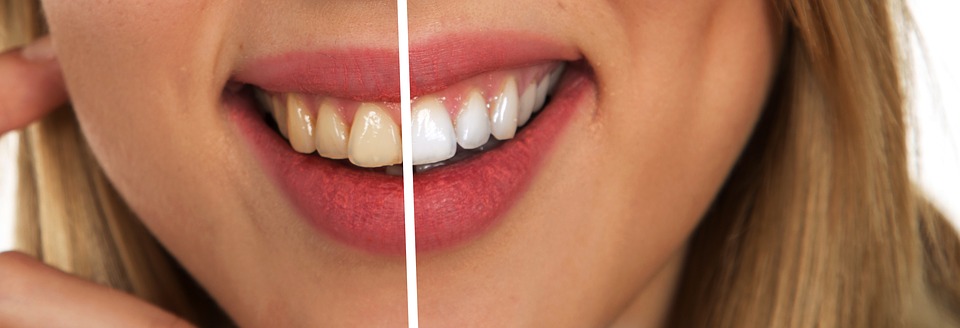When compared with nondrinkers, men and women who had one or more alcoholic drinks per day had an overabundance of oral bacteria linked to gum disease, some cancers, and heart disease. By contrast, drinkers had fewer bacteria known to check the growth of other, harmful germs. These are the main findings of a study published in the journal Microbiome online April 23 and led by NYU School of Medicine researchers.
Study offers evidence that rebalancing some of the 700 types of bacteria in the mouth, or oral microbiome, could potentially reverse or prevent some health problems tied to drinking. Ahn says roughly 10 percent of American adults are estimated to be heavy drinkers, which experts define as consumption of one or more drinks per day for women, and two or more drinks per day for men.
previous studies have examined alcohol consumption and its broad links to disease and some changes in the microbiome, but the new report is the first to directly compare drinking levels and their effects on all oral bacteria. Previous work at NYU Langone and elsewhere has tied the risk for head and neck cancers, and for gastrointestinal cancers, to microbial changes in the mouth.
Specifically, drinkers had more of the potentially harmful Bacteroidales, Actinomyces, and Neisseria species, and fewer Lactobacillales, bacteria commonly used in probiotic food supplements meant to prevent sickness.
The study involved 1,044, mostly white participants between the ages of 55 and 87. All came from two ongoing, national cancer trials, and all were healthy when they enrolled in either study and provided mouthwash samples of their oral microbiome, along with detailed information about their alcohol consumption. Laboratory testing was then used to genetically sort and quantify the oral bacteria among the 270 nondrinkers, 614 moderate drinkers, and 160 heavy drinkers. Results were plotted on graphs to determine which bacteria in drinkers stood out and grew more or less than in nondrinkers.
Researchers note that while their study was large enough to capture differences between bacteria among drinkers and nondrinkers, more people would be needed to assess any microbiome differences among those who consumed only wine, beer, or liquor. Some 101 wine-only drinkers were involved in the latest study, in addition to 39 who drank only beer and 26 who drank only liquor.
acids in alcoholic beverages make the oral environment hostile for certain bacteria to grow. Another reason, she says, could be the buildup of harmful byproducts from alcohol’s breakdown, including chemicals called acetaldehydes, which along with the harmful toxins in the mouth from tobacco smoke, are produced by certain bacteria, such as Neisseria.
Source: newswise.com
